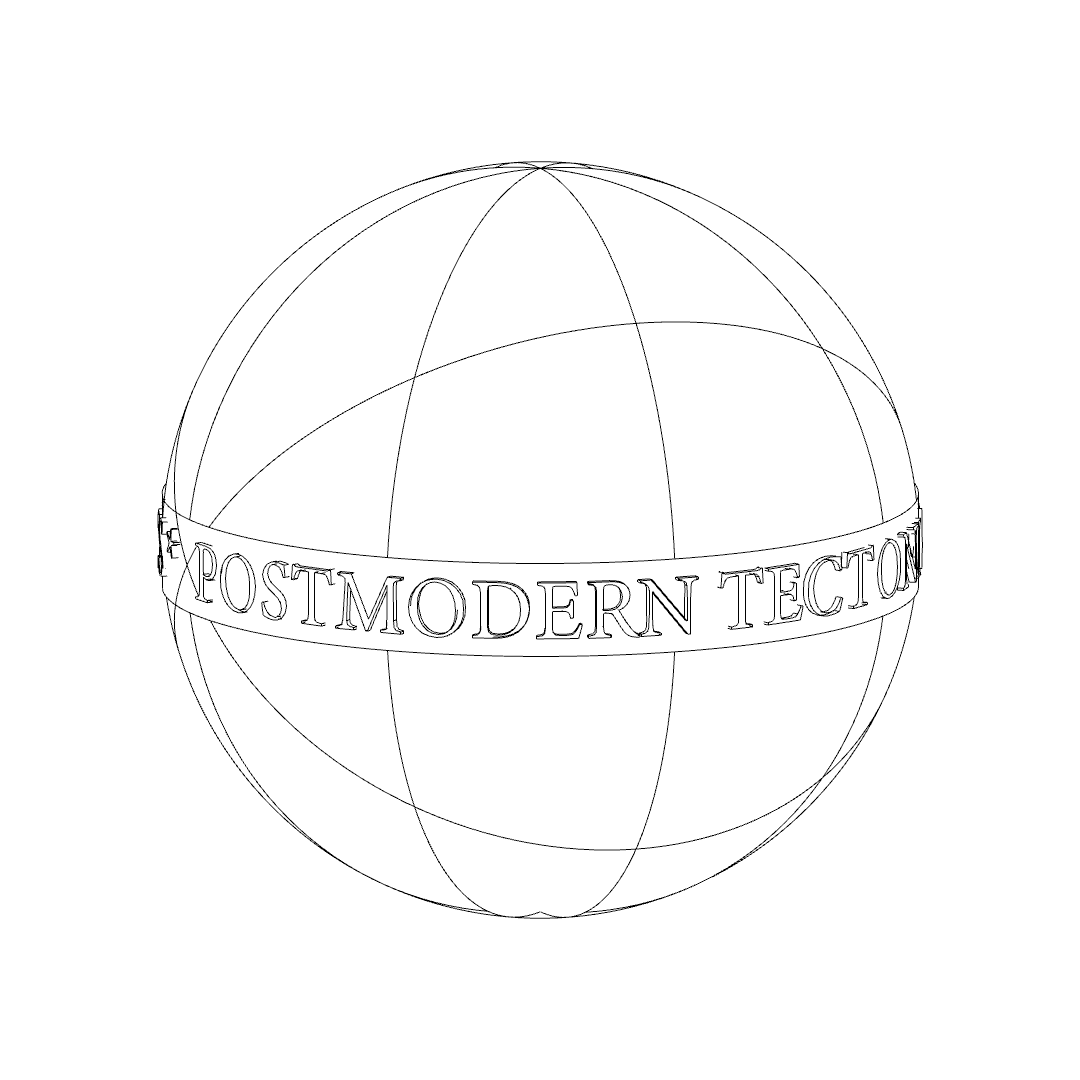
No. 12: STEVE JOBS'S GREATEST HEIST: DR EDWIN LAND & POLAROID
Polaroid, and it's mercurial master showman Dr Edwin Land, probably did more to inspire Steve Jobs and his products than any other person.
Jobs cited a lot of inspirations publicly — The Beatles, Bob Dylan, Eastern philosophy — but his likely intentional omission of Dr Land is perhaps most revealing.
"We have always been shameless about stealing great ideas"
So let's unpack this heist in a little more detail across three important parts of the product lifecycle — it's quite uncanny. There's one glaring difference to end on.
- RESEARCH + DEVELOPMENT

Both men favored far more development than research. Especially when it came to consumers.
Jobs famously stated that the iPhone was made without the help of any market research. Land, too, claimed that true innovation "must be startling, unexpected, and must come into a world that is not prepared for it."
For Jobs and Land, designing and developing new products was a Platonic pursuit.





